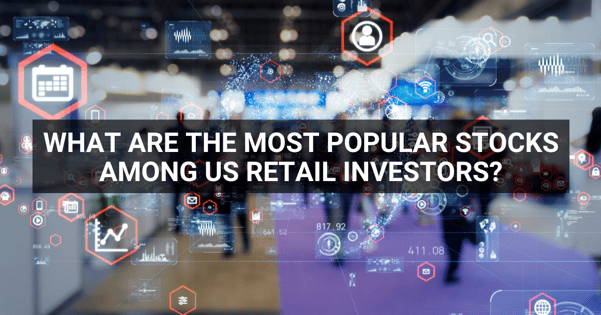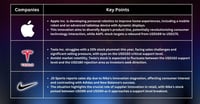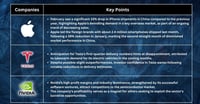According to research, retail investors in the United States pumped a record amount of money into the stock market in January, investing $1.51 billion daily on average in US markets, making it the largest amount ever reported.
This investing group has been influencing US equities market movements since the early days of the pandemic. With recent surveys indicating that institutional investors are still widely pessimistic about equities, it would be foolish to ignore the importance of the retail sector. Several of them are reinvesting extensively in technology industries.
During the Covid epidemic, retail investors' interest in the market increased, resulting in a meme-stock frenzy at one time. Their enthusiasm waned during the bear market and as interest rates rose, but it has just resurfaced with the stock market off to a strong start in 2023.
Retail money market fund's net assets are at an all-time high, indicating that retail investors still have enough capital to devote to riskier investments if market circumstances stay favourable.
According to the data, the top 5 individual stocks retail group buying are Tesla, Amazon, Apple, Nvidia and Alphabet.
Tesla: Investors’ interest returns
The number of people looking for news on Tesla was abnormally high, even though the number of news pieces about the firm was no more than ordinary. However, any favourable news about Tesla in recent days may have pushed its stock price upward.
Reader interest was strong compared to the previous 30 days, as assessed by the number of times individuals read stories or searched for articles about the firm; the number of items published by all sources on the main newswires was no higher than the previous 45-day average.
Tesla shares gained 3.1% in the previous session and 5.8% last week. The trading volume was around the same as the 20-day average.
Alphabet: Facing tremendous challenges in the AI field, Q1 Rev is not likely to be positive
While the war for chatbot supremacy between two digital behemoths continues, Microsoft gains a huge advantage. As a result, Google is fundamentally hurt by the AI transformation.
While the war for chatbot supremacy between two digital behemoths continues, Microsoft gains a huge advantage. As a result, Google is fundamentally hurt by the AI transformation.
Google's dilemma derives from the company's claim to have chatbot technology, yet the company's journey to AI jeopardises both its search margin cost structure and its ability to make money from such searches.
Their whole business strategy is based on transporting people to the next byte, and these AI systems offer solutions to end customers. As a result, search as a gateway to the rest of the internet is unlikely to endure as a common user behaviour for the length of the current business cycle.
Alphabet’s introduction of its Bard chatbot technology tool last week garnered criticism from employees and viewers after errors were pointed out in the presentation. Microsoft’s OpenAI integration into its Bing web browser boosted Microsoft’s stock when released, even though it too has received its share of criticisms.
Nvidia: Major beneficiary amid AI Frenzy
Several investment banks boosted Nvidia's price target, citing long-term development opportunities in artificial intelligence and machine learning.
We see risk to the Q1 prediction due to a near-term demand stop in data centres, given slowing US cloud expenditure and China data centre pull-ins in Q4, as well as decreasing demand in China gaming.
Yet, Nvidia will be an "outsized benefit" once generative AI becomes commercially viable.
Fullerton Markets Research Team
Your Committed Trading Partner














